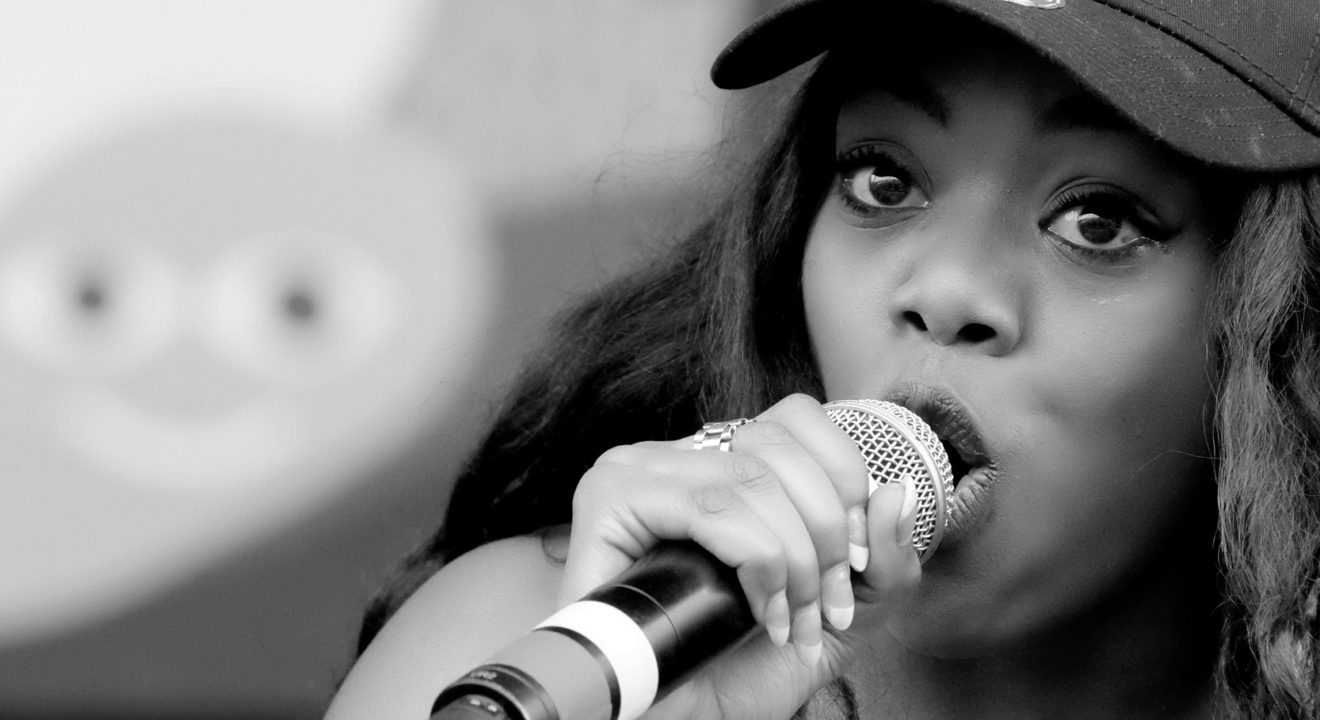March 13, 2017


You hear Nicki Minaj on the radio and you try mouthing along until she gets way to fast for you to comprehend the words. But you nod along to the music anyways. You hear about the drama between different female rappers and you are amused. You take a look at the misogynistic lyrics for these rap songs, however, and you’re not so amused.
Rap and hip-hop have always gotten a bad reputation in mainstream media for lyrics that often paint women in a negative light. Rappers and hip-hop stars like Dr. Dre and Ice Cube have received criticism, especially after releasing their biopic Straight Outta Compton because they heavily used the words “bitch” and “ho” to describe women.
In defense of his lyrics and past comments, Ice Cube said that he would never use those words to describe “upstanding ladies” and that respectable women should not be insulted at what he says to women who are not respectable.
Ice Cube’s defense, however, just sounds like the condoned use of these words are subject to men’s wills. What if there are women who know what they want and aren’t afraid of shattering the demure expectations of their male counterparts to express those wishes? Where is the line between bitch and strong independent woman?
Speaking of which, women who sexualize and objectify themselves are also criticized for falling into the marketed ploy of hip-hop and rap. Rappers like Nicki Minaj are torn down because they sexualize themselves, but what we don’t realize is that the rap industry is one dominated by men and primarily dictated by men’s tastes. And for the moment at least, sex sells.
What we also fail to remember is that other genres of music also objectify women and sometimes go so far as to legitimize domestic violence or disrespect. But for some reason, these other genres don’t get the same negative attention as rap and hip-hop.
But going back to Nicki Minaj and other female rappers, it’s not like she is an unwilling participant in the vicious cycle of misogyny. Sex sells, but these performers are still doing things on their own terms. Minaj is a famous example of someone who creates her own style and stays true to her own personality on and offstage. Her lyrics are often sexual and directed towards herself, but these are an illustration of what it means to be sexually liberated. To be able to talk about her sex life openly and without shame.
Even before Nicki Minaj, there have been other talented women rappers. Queen Latifah, Lauryn Hill, Salt-n-Peppa and Lil’ Kim are just a few. Unfortunately, female rappers and hip-hop stars are still extremely underrepresented in mainstream music; many famous female performers go the R&B and pop route.
Because of that lack of representation the few visible female rappers are held to higher standards than their male counterparts to represent this version of feminism that simply no longer exists.
But some people view a casual and proud relationship to sex as liberating. So expecting all female rappers to talk about the same things and champion women in the same way is like throwing a blanket on the entire movement. That covers up all the diverse offshoots and different philosophies of what it means to be proud of being a woman.